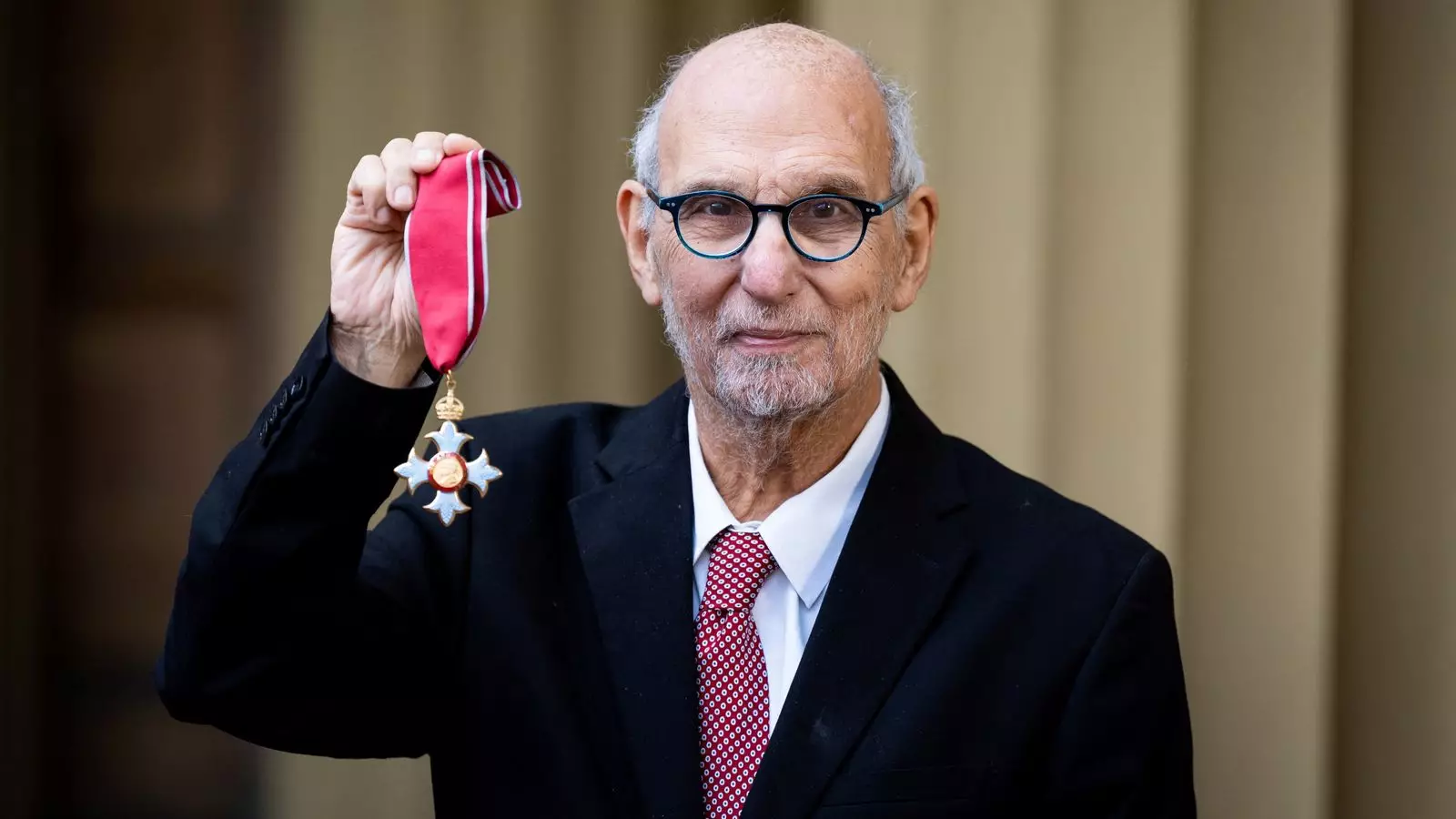Alan Yentob, who graced the airwaves and shaped the cultural landscape of Britain, has passed away at the age of 78. The announcement from his family poignantly encapsulated his vibrant spirit, revealing a man whose life was an extraordinary tapestry of creativity and kindness. Yentob’s legacy is not merely about the roles he played or the accolades he earned; it is a testament to a personality that knew no bounds and a relentless curiosity that ignited not only his mind but also the minds of millions.
Yentob’s trajectory through the corridors of the BBC—from his humble beginnings as a trainee in 1968 to commanding the reins of BBC One and Two—demonstrates an indomitable spirit in an industry often mired in conservatism. Where many executives might stagnate, Yentob flourished, proving time and again that innovation and tradition could coexist. His pioneering endeavors, including the establishment of CBBC and CBeebies, reflect a commitment to reshaping viewership expectations. These platforms were not just mere children’s networks; they were a revolution in how young minds could engage with narratives that echoed societal values.
An Artistic Visionary with Humanity
Yentob’s creativity was infectious. Described by his wife, Philippa Walker, as “curious, funny, annoying, late, and creative,” his character was a whirlwind of contradictions that made him relatable and endearing. While he was known for his artistic contributions, what resonated most was his profound moral compass. The sentiment expressed in the family statement—that he left behind “a trail of love a mile wide”—is remarkably telling of a man whose influence transcended mere professional achievements.
His commissioning of landmark dramas such as “Pride and Prejudice” and “Middlemarch” not only enriched British television but also set standards that would remain lofty for generations. Each project undertaken by Yentob was imbued with a sense of purpose, striving not just to entertain but to provoke thought and discussion. In an era where content often prioritizes speed over substance, Yentob’s legacy serves as a stark reminder of the transformative power of storytelling.
A Tribute to an Irreplaceable Figure
Tim Davie, the BBC’s director-general, rightly referred to Yentob as “a towering figure” within British broadcasting. The warmth of this sentiment feels even more resonant in today’s fragmented media landscape, where the ethical and humanitarian aspects of storytelling are often sidelined in favor of profit. In a world increasingly dominated by fleeting trends and ephemeral content, the need for a creative force like Yentob is paramount.
In the realms of culture and media, Yentob was much more than a director or an executive; he was an impassioned advocate for narratives with depth, ensuring that the television experience was not merely passive consumption but a dynamic engagement with art and society. His passing leaves a gaping void that will be difficult to fill.
Alan Yentob may no longer be with us, but his indelible mark on British culture will continue to influence the generations of storytellers he has inspired. The kind of commitment to public service and culture he embodied is a beacon that—if followed—could illuminate the future paths of entertainment, public engagement, and beyond.

Leave a Reply